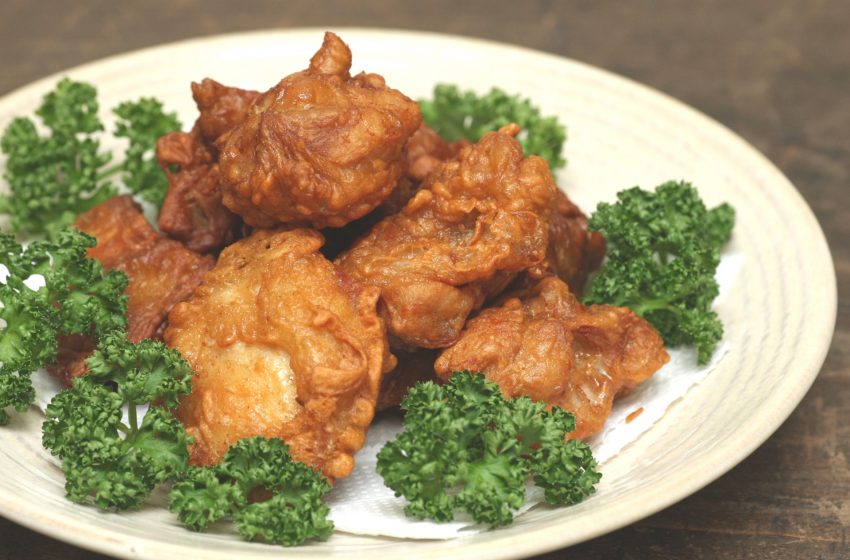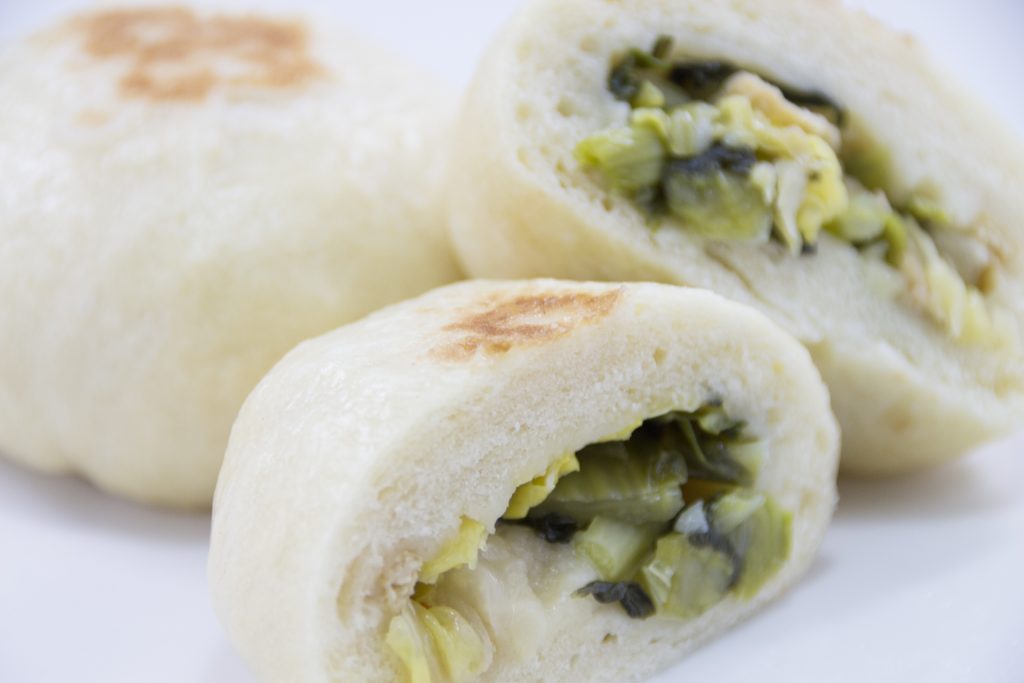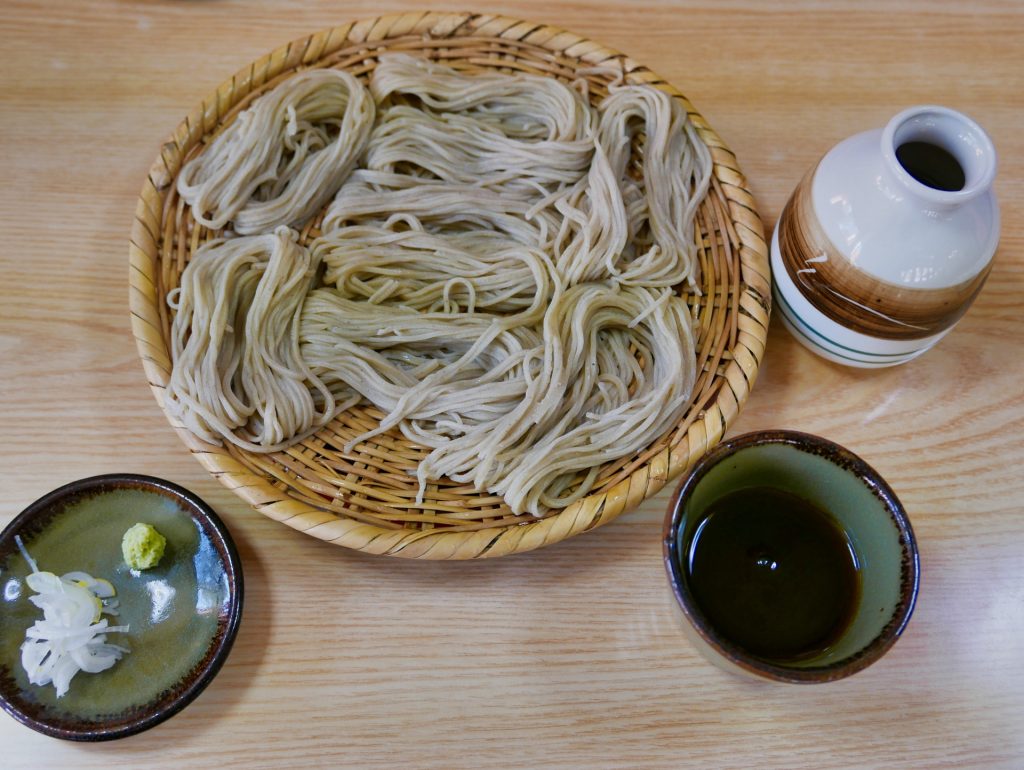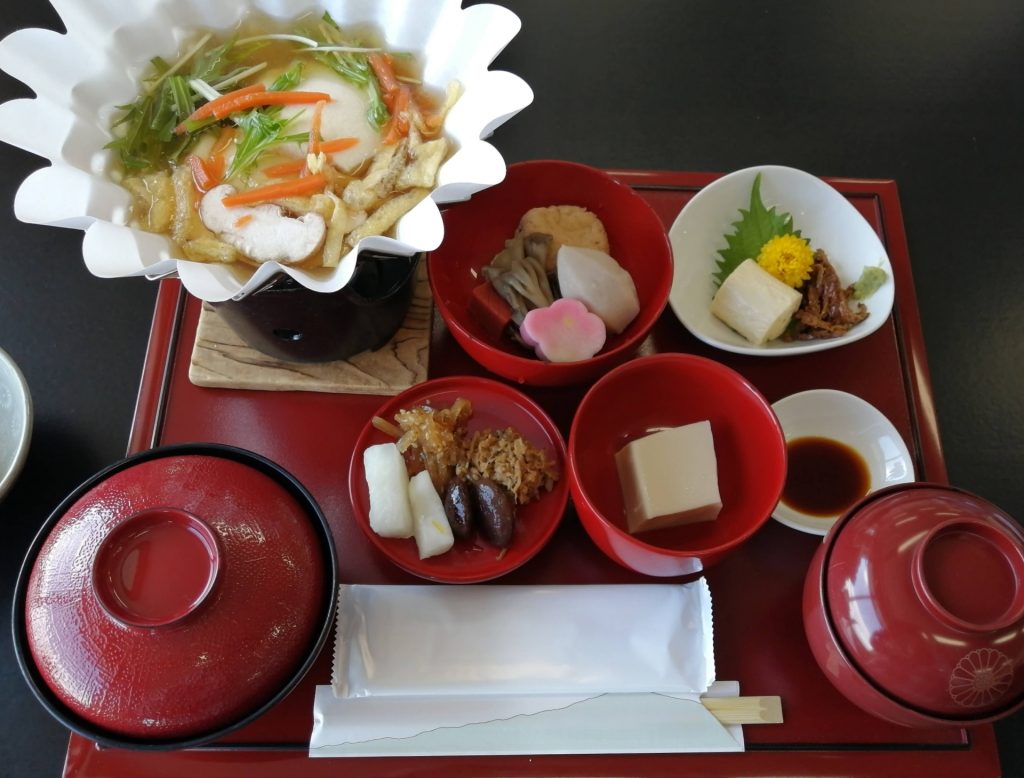
Karaage: Japan’s Beloved Fried Chicken
Hello, fellow food lovers and explorers of all things delicious! Today, we’re taking a deep dive into one of Japan’s most cherished comfort foods – Karaage. This delightful dish has won the hearts of many, both within Japan and around the globe, becoming a staple in Japanese cuisine. Let’s explore the crispy, flavorful world of Karaage and why it should be on your must-try list during your Japanese culinary adventure.
What is Karaage?
Karaage, often referred to as Japanese fried chicken, is a popular dish consisting of bite-sized pieces of chicken marinated in a blend of soy sauce, ginger, garlic, and other seasonings before being coated in flour or starch and deep-fried to perfection. The result is a succulent inside with a golden, crispy exterior that’s bursting with flavor. While chicken is the most common ingredient, the term “karaage” can also apply to other fried foods prepared in a similar manner.
The Secret to Perfect Karaage
The magic of Karaage lies in its marinade and cooking technique. The marinade infuses the chicken with a depth of flavor that sets it apart from other fried chicken varieties. The choice of coating, typically potato starch or a mix of flour and starch, ensures a light, crispy crust that retains its texture even after cooling down. The frying is done meticulously, often in two stages to achieve the ideal texture – crispy on the outside while keeping the meat juicy and tender on the inside.
Enjoying Karaage in Japan
Karaage is ubiquitous in Japan, found everywhere from high-end restaurants to convenience stores, izakayas (Japanese pubs), and street food stalls. It’s commonly served with a wedge of lemon to add a touch of acidity, mayonnaise for dipping, and a side of shredded cabbage, providing a refreshing contrast to the dish’s deep-fried nature.
Karaage Variations
While the classic Karaage is beloved for its simplicity, numerous variations cater to a wide range of palates:
- Spicy Karaage: Adds a kick with spices mixed into the marinade or sprinkled on after frying.
- Garlic Karaage: For garlic lovers, extra garlic is added to the marinade for a more robust flavor.
- Bone-in Karaage: Some prefer their karaage made with bone-in chicken, offering a different texture and taste experience.
Making Karaage at Home
Karaage is relatively straightforward to prepare, making it a favorite among home cooks. The key to authentic Karaage is in the marinade and ensuring the oil is at the right temperature for frying – hot enough to crisp the exterior without overcooking the interior. Whether you follow a traditional recipe or experiment with your own flavors, making Karaage at home allows you to customize it to your taste preferences.
Conclusion: A Must-Try Japanese Delicacy
Karaage offers more than just a delicious meal; it’s a taste of Japanese culture and comfort food at its best. Whether enjoyed as a quick snack, a main dish, or a late-night izakaya indulgence, Karaage is a culinary experience that resonates with all who try it. So, when you find yourself in Japan, remember to savor the crispy, flavorful delight that is Karaage – it might just become your new favorite fried chicken.
Bon appétit, and may your culinary explorations in Japan be as rich and satisfying as a piping hot serving of Karaage!




